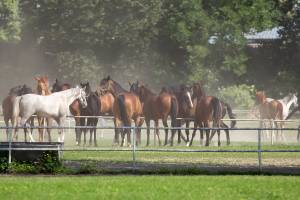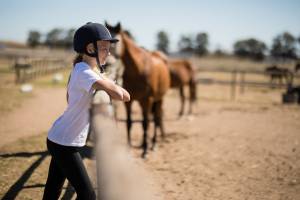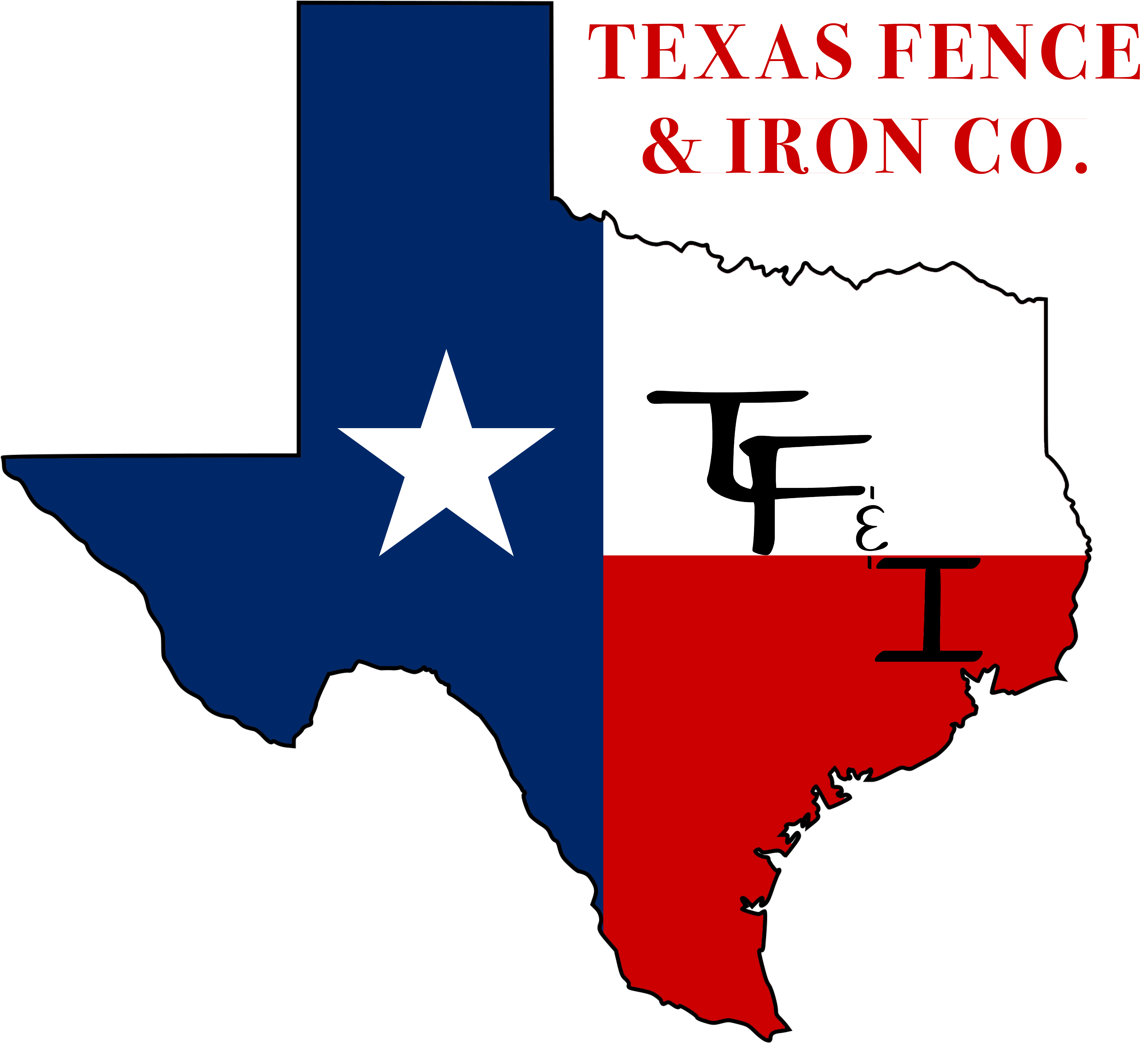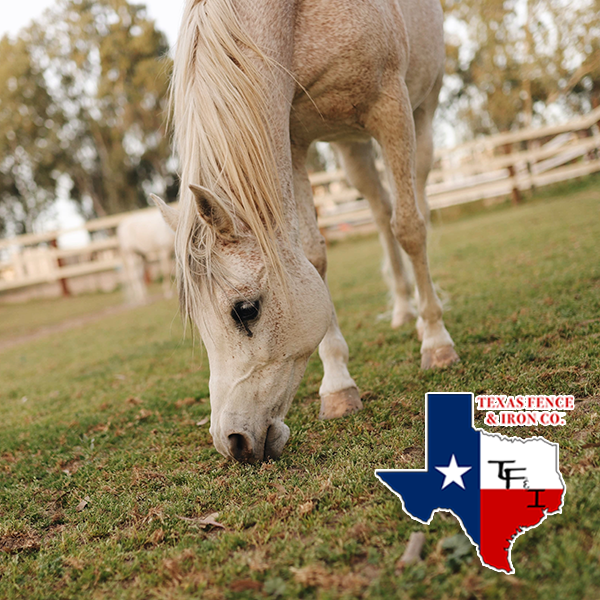Equine Fencing
 Fencing should be perfected for anyone and for any occasion, including horses. These large animals have lots of strength so it is important to have a safe, sturdy fence that protects anyone involved. Certain fences can impact horses in many different ways. Fencing should be unique to the horse and can vary between maintenance, price, strength and safety. These are the main things to consider when choosing a material for your equine fencing.
Fencing should be perfected for anyone and for any occasion, including horses. These large animals have lots of strength so it is important to have a safe, sturdy fence that protects anyone involved. Certain fences can impact horses in many different ways. Fencing should be unique to the horse and can vary between maintenance, price, strength and safety. These are the main things to consider when choosing a material for your equine fencing.
Maintenance
When choosing a material, maintenance is important to think about. Certain fences can withstand more than others. Metal fences can stay put for many years without damage. Wooden fences require more maintenance and regular checks. Painted fencing will have to be checked more frequently to ensure the quality.
Price
Price can easily make the decision of what type of fencing is wanted. Prices between metal and wooden fences vary from five cents to nine dollars per square foot. This is important to think about especially on how wide the area you will be fencing. When fencing a large area with multiple pens, we recommend using two different types of fence.
Strength
Especially when determining fencing options for horses, strength is the number one priority. Horses in general are powerful animals but younger horses like to test boundaries and are more likely to cause destruction. Another thing to consider is how likely your horse will try to escape. With situations like these, stronger fences are recommended.
Safety
Hand in hand with strength, the level of safeness of fencing is top priority. If the main concern is keeping unwanted predators out of the area, fencing with woven wire or net wire is effective. Land with public access should have proper boundaries to keep humans out of the area.
All of these must go into consideration when deciding on a fencing material for horses. Have any further questions about fencing? Feel free to contact us for more information. We can help you choose the best fencing for your equine needs.



Add Comment